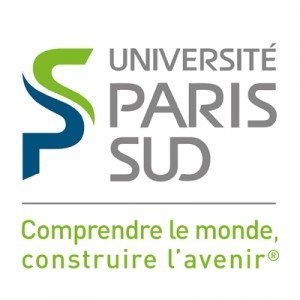Photos of university / #universityofgothenburg
Motions on all scales are interacting in the oceans, from circulation systems on global to turbulence on small scales. Physical oceanography is based on theory and methods from classical mechanics and thermodynamics which are applied to describe, analyze and understand processes and circulation in the ocean.
Physical oceanographers work with a wide spectrum of methods, from observations in the sea using instruments based on latest technology, via advanced methods to analyse observational data, to simulation of processes and circulation using mathematical models. This education prepares the student both for postgraduate studies as well as for work in the industry.
Subject-matter
The master program includes two obligatory courses, Oceanographic models, 15 hec, and Mixing in the sea, 15 hec, respectively, and thesis work, 30-60 hec. Remaining credits, 30-60 hec, are chosen by the student from advanced bachelor and postgraduate courses.
Oceanographic models
After this course the student will be able to make their own models of aquatic system such as lakes and ocean basins. From geophysical fluid dynamics the equations are introduced and different kinds of models are discussed. The student is then introduced into numerical modeling of turbulence, heat and salt balances, sea ice, lakes, coastal seas and coupled basins.
Mixing in the sea
The main processes that cause mixing of different water masses are presented. Examples are convection and wind generated mixing in the surface layer, friction generated mixing at the bottom, and internal wave mixing away from boundaries. The course contains a field experiment part where turbulence and mixing is quantified with modern observational and analysis techniques.
Master thesis
Physical oceanography is a vivid research area at the department of Earth sciences. Several active researchers may act as supervisors. Thesis work may also be supervised by external researchers at industry and public institutions.
Want to improve your English level for admission?
Prepare for the program requirements with English Online by the British Council.
- ✔️ Flexible study schedule
- ✔️ Experienced teachers
- ✔️ Certificate upon completion
📘 Recommended for students with an IELTS level of 6.0 or below.
A chance to fund your studies
The University of Gothenburg is convinced that education and research flourish in an international environment. A mixture of students from different cultures enriches the learning environment and the University believes that motivated students should have a chance to study here, even if they dont have the means to cover all costs.
There are a number of opportunities to get a scholarship if you apply to the University of Gothenburg. If you are obliged to pay tuition fees in Sweden, you can apply for our scholarship that cover from half, to all of your tuition fees for the entire study programme.
There are also scholarship programmes available at bachelor's, master's, PhD and post-doctoral levels, which are administered by the Swedish Institute. The scholarship programmes target highly qualified students from certain countries.










